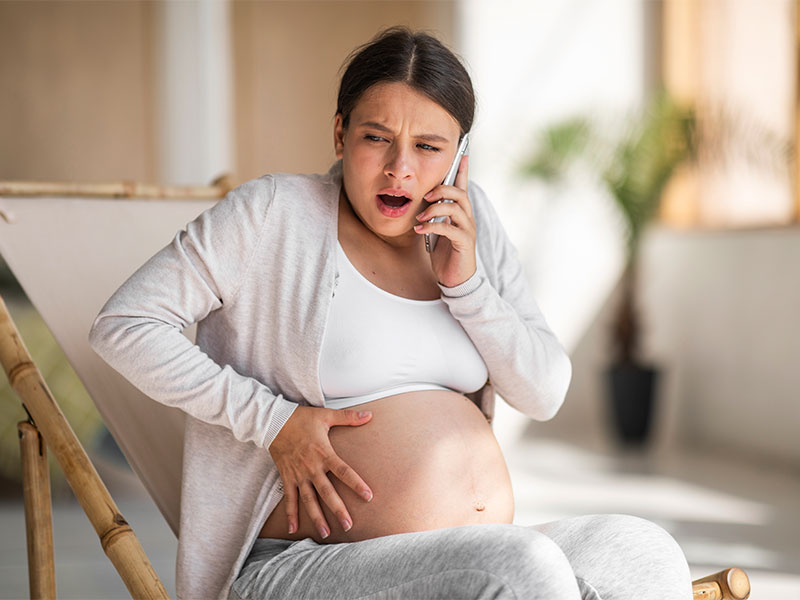In these days of modern medicine, we rarely have to worry about serious medical issues. But some things still go wrong. And sometimes they can cause severe problems for both mother and child. When pregnant women get muscle pain, it’s not uncommon to attribute it to something like exhaustion or anxiety. But sometimes it’s much more serious than that. So what does it mean if you’re facing cramping and how To Deal With Pregnancy Cramps?
First things first, before anything else, make sure your doctor knows. He or she should be able to tell you whether your symptoms could be related to a potentially dangerous condition. If they think it might be appendicitis, they may need to refer you to the hospital immediately. If it’s just lower back pain, he or she may want to take a few blood tests and X-rays to rule out other possible causes.
Pregnant women normally experience some type of pain in their lower back, abdomen, or pelvis, called Braxton Hicks contractions (BHC). These are natural cramping pains experienced by pregnant women before labor. They may occur regularly throughout pregnancy, especially at night, or irregularly throughout the day. If two consecutive BHCs happen near each other, this could signal preterm labor.
What causes Pregnancy Cramps?
Cramping is a symptom of many different conditions including dehydration, constipation, kidney stones, gallstones, endometriosis, uterine fibroids, ovarian cysts, and pelvic inflammatory disease (PID). Pregnant women often experience these symptoms due to hormonal changes caused by the baby’s developing fetus. These hormones cause muscles throughout the body to contract involuntarily.
“A new baby is like the beginning of all things: wonder, hope, a dream of possibilities.”
How do I know if I have Pregnancy Cramps?
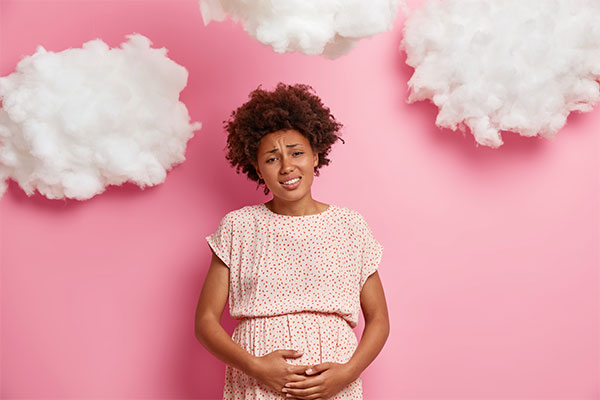
You may notice some of these symptoms while pregnant:
- Aching lower back
- Back pain
- Bloating
- Constipation
- Diarrhea
- Fatigue
- Headaches
- Leg swelling
- Nausea
- Painful urination
Visit: pregnancy tips for normal delivery
How long does it last?
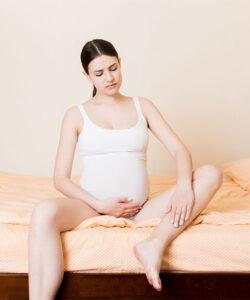
Cramps generally start around week 8 of pregnancy and continue until birth. However, some pregnant women report feeling painless contractions before they go into labor. These are called postpartum cramps.
“The moment a child is born, the mother is also born. She never existed before. The woman existed, but the mother, never.”
Are there any treatments?
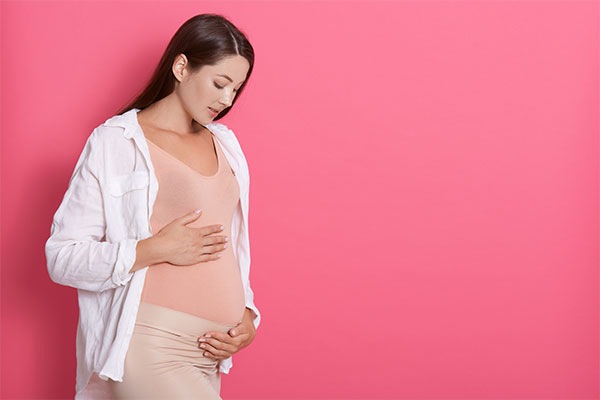
There are several ways to treat cramps. You can try over-the-counter medications like Tylenol or Advil, or herbal remedies like ginger tea. If you have severe cramping, you might want to visit your doctor. He/she will likely prescribe medication to help relieve the pain.
If you find yourself wondering how to deal with pregnancy cramping, here are a few tips for expecting parents to help ease the discomfort:
1. Drink plenty of water: Cramping happens when muscles contract causing pain. Your body’s natural reaction is to release fluids into the bloodstream to help dilate the muscle. Drinking lots of water helps prevent dehydration and keeps your system running smoothly. Water also relaxes tight muscles and quiets nerves.
2. Get some rest: When you’re pregnant, you may not feel well-rested at night. Try taking a warm bath before bedtime. A relaxing soak can ease aches and pains and give you a good night’s sleep.
3. Find a soothing position: Try sitting up straight instead of lying down. Stretch out your arms and legs. Lie flat on your back if you feel pain while sleeping.
4. Drink ginger tea: Ginger is known for its healing powers. Ginger root contains compounds called gingerols that help fight inflammation. Add slices of fresh ginger to boiling water and steep for 10 minutes. Strain and drink warm.
Visit: top 10 pregnancy health tips
5. Massage: Another great strategy for pregnant women suffering from cramping is massage therapy. Not only can it relax your muscles, but it can reduce inflammation, helping to keep them feeling good. A prenatal massage is especially helpful for relieving tension in cramped muscles. Ask your therapist to work out any knots throughout your body, including your stomach and back.
6. Ice Bath: Ice baths are often recommended for soothing tense muscles. Simply soak in a tub filled with ice water for 15 minutes at a time, several times a day. As long as you don’t overdo it, ice baths can provide relief from muscle aches.
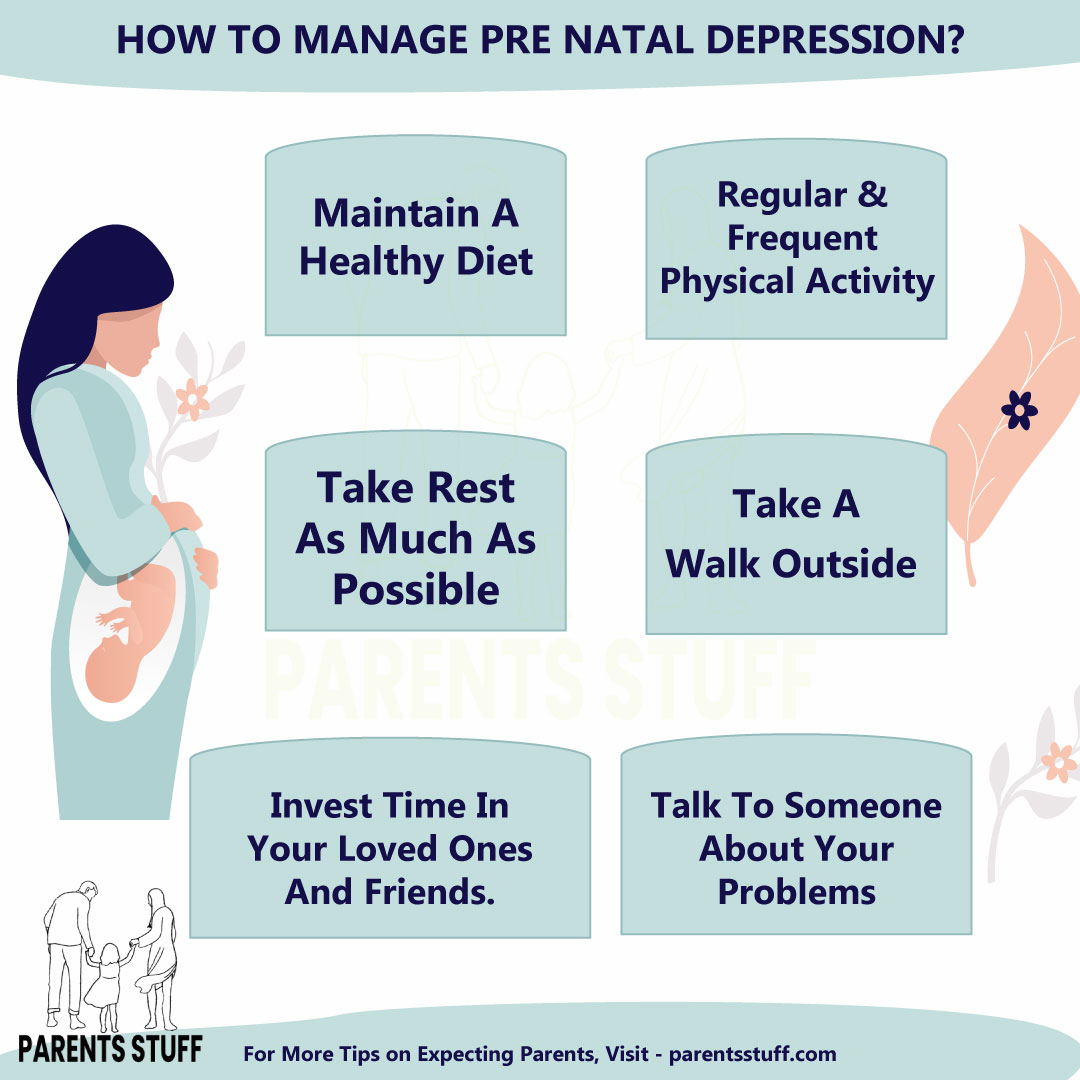
When to seek medical attention?
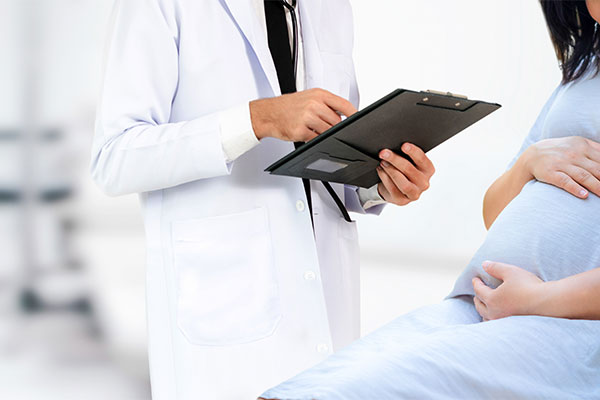
Seek medical advice immediately if you notice any of the following symptoms:
- Persistent, frequent cramping lasting longer than 10 minutes
- Severe abdominal pain that worsens after eating or having sex
- More than 24 hours of vomiting or diarrhea
- Fever that is higher than 100 degrees Fahrenheit
- Nausea or dizziness
- Painful urination or vaginal bleeding
- Difficulty passing stool or blood in the toilet
Final sum up:
We have shared some tips on how To Deal With Pregnancy Cramps. Although, normal cramps during pregnancy are not something to worry about. If you have them, they are likely due to hormones released during pregnancy. You may also take paracetamol tablets (over-the-counter medicine) to reduce inflammation. Avoid spicy food if possible. Instead, eat something sweet. There are various home remedies to relieve the pain caused by pregnancy cramps. When in doubt about whether something is serious, consult your doctor immediately. Take care!
Keep visiting parentsstuff for more tips for expecting parents !

